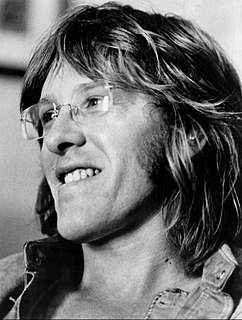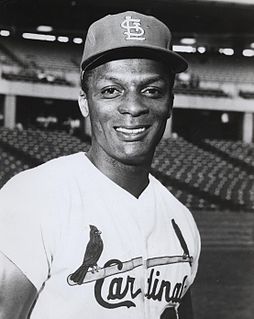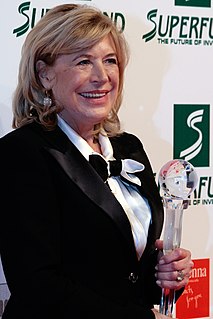A Quote by Robin Williams
Related Quotes
In the sixties, in the middle sixties, suddenly comics became this hip thing, and college students and hippies were reading them. So I was one of them, and I started reading, basically it was the Marvel Renaissance at that point. It was all their new characters, Spiderman and the X-Men and the Fantastic Four.
Except in the areas of civil rights and medical marijuana, the legacy of the sixties counterculture has been largely superficial. Still, though the light has dimmed and gone underground, something in me would like to think the sixties phenomenon was a dress rehearsal for a grander, wider leap in consciousness yet to come.


































